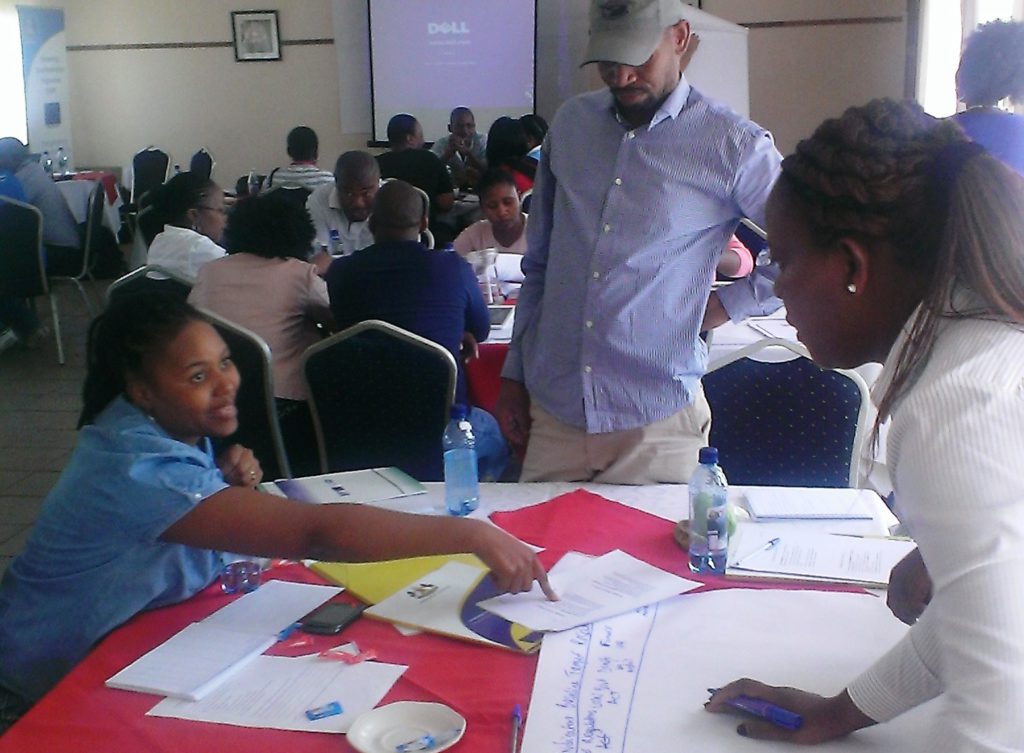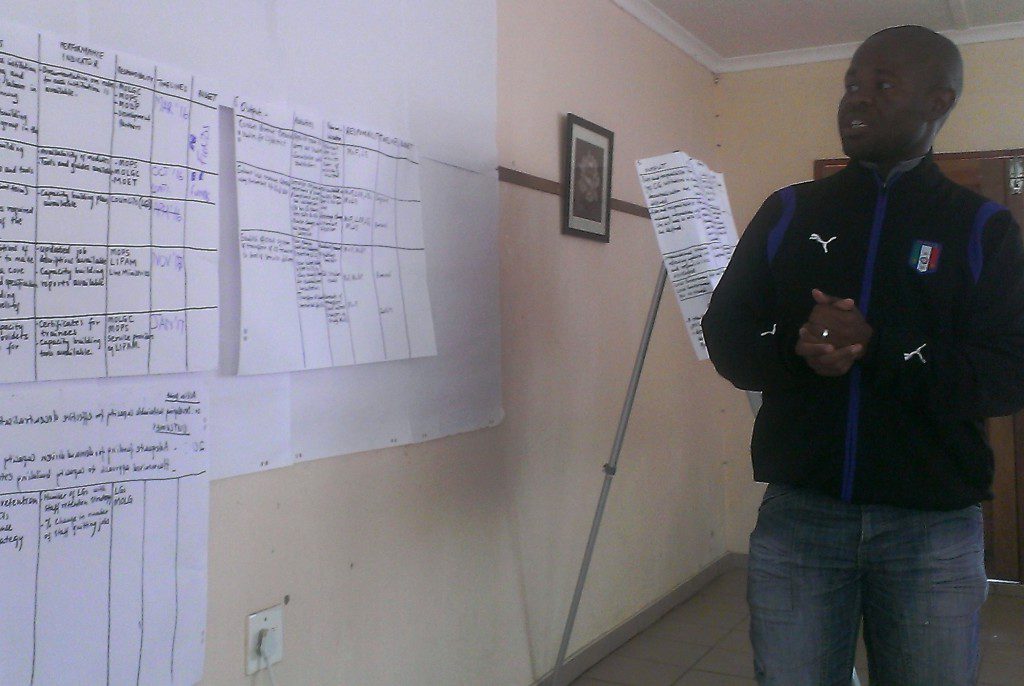This article was originally published in January 2016.
Lesotho is a small but mountainous and beautiful country completely surrounded by South Africa. Since its independence in 1966, the country has experienced political gridlock and several military coups hampering its development. Today, however, Lesotho is undergoing a comprehensive decentralisation process.
In November 2015, The Hague Academy was called to help train a group of 50 professionals from the national ministries, local governments, UN organisations and NGO’s in Lesotho. The training sought to establish a foundation and roadmap for (fiscal) decentralisation and its implications for governance processes at both the central and local level.
“The programme helped us assess where we are as a country on issues of decentralisation,” said Pokelio Mahlomola. “It was an excellent training course that outlined progress in the field and provided a framework from which to approach and execute the process of fiscal decentralisation.”
Through a combination of presentations delivered by international experts and local practitioners, as well as interactive exercises, participants were given the opportunity to reflect on the opportunities and challenges of decentralisation throughout Lesotho. This balance of theory and practice is part of the Academy’s approach to training and education on local governance.
“It was an excellent training course that outlined progress in the field and provided a framework from which to approach and execute the process of fiscal decentralisation.”
The course also connected various stakeholders from around the country and encouraged the participants to share ideas and experiences of decentralisation processes including, the limited inter-institutional coordination and cooperation, the need for improved public finance management at the local level, and the importance of local participation and accountability mechanisms.
The training was implemented as part of the ‘Deepening Decentralization Programme’, financed jointly by the European Union, UNCDF and UNDP and implemented by the Ministry of Local Government and Chieftainship.
“The interactive exchanges helped me to understand that fiscal responsibilities extend beyond the financial department but also include managers throughout the ministries,” said Mr. Mahlomola. “I only wish we had more than five days!”
Related Course
How can fiscal relations between central and local authorities be shaped in such a way that they contribute to local development, fiscal accountability and efficiency of public services? From 12-23 February 2018, the Academy will convene its annual open course on ‘Fiscal Decentralisation and Local Finance‘ to address this question and many more! The course will also discuss the four pillars of fiscal decentralisation and explore how local governments can better manage local finances, increase their revenue and involve citizens in setting spending priorities. The deadline to apply is 12 January.
Related courses
We offer a diversity of courses throughout the year. Here are several other courses you might like.




